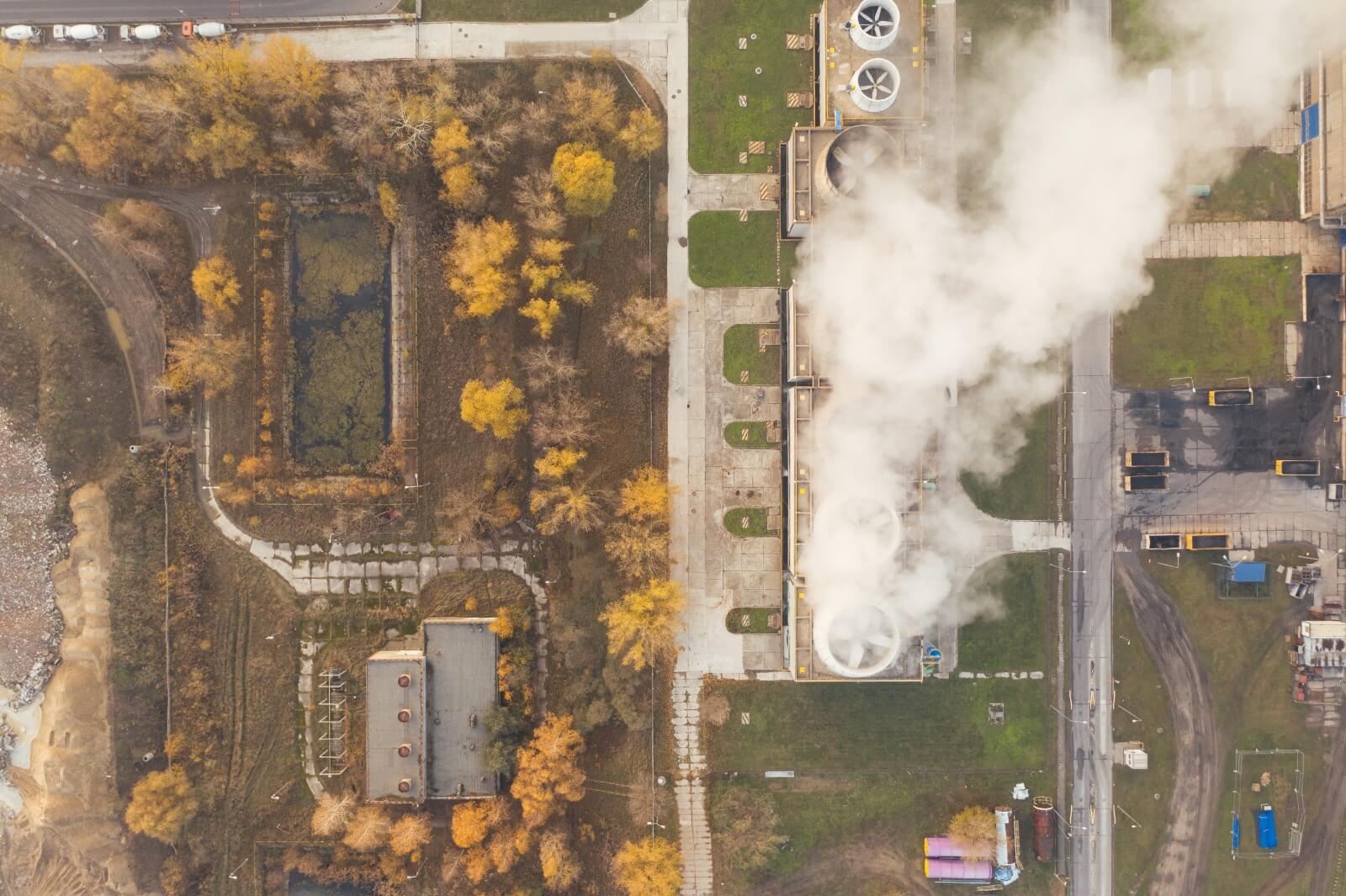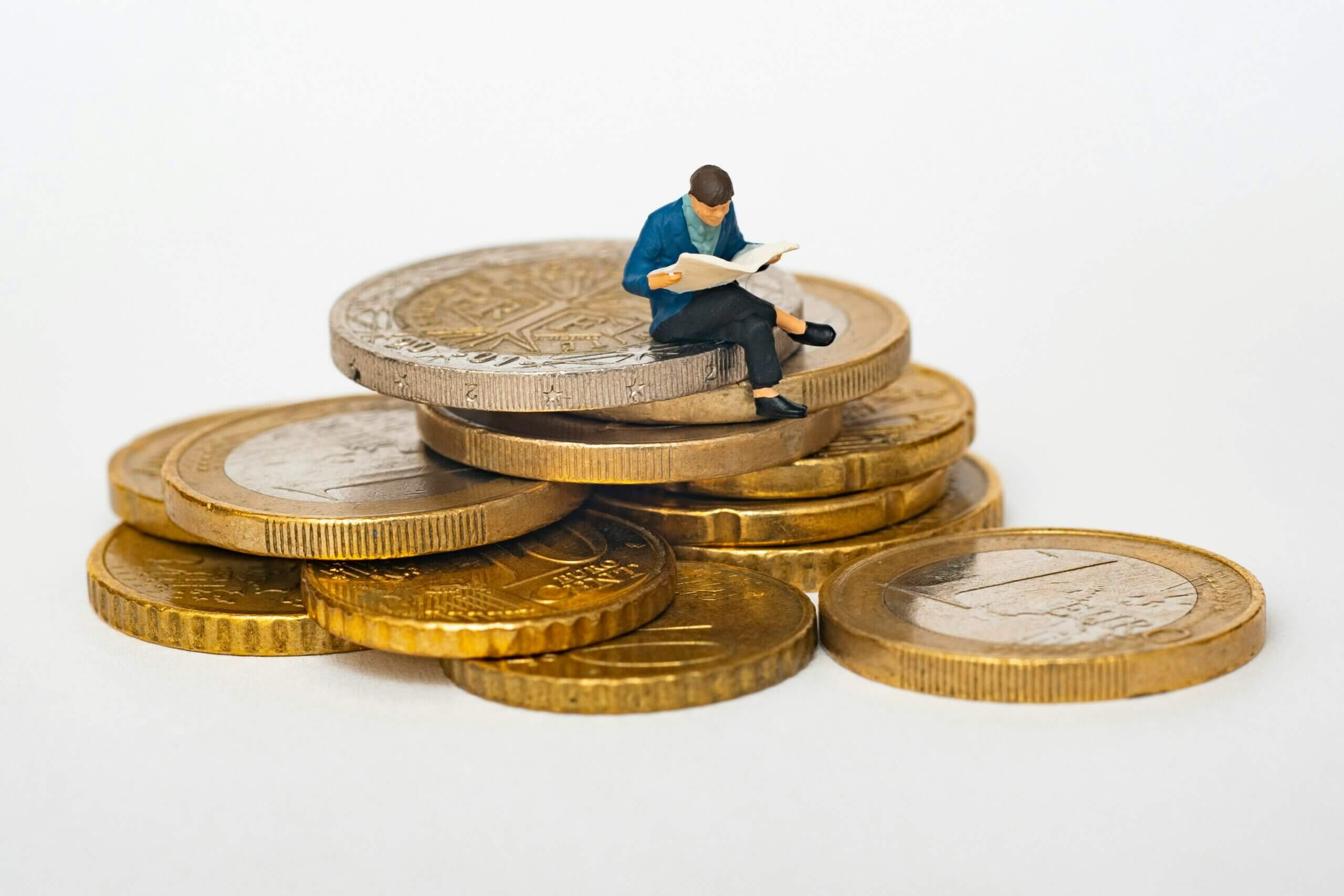Electricity prices have increased so rapidly in several regions of Europe that factories have been forced to close. In order to save energy, officials in France have suggested turning off the lights on the iconic Eiffel Tower earlier than usual.
The European energy market, according to Spanish Prime Minister Pedro Sánchez, “just doesn’t function,” he told reporters this week, as Goldman Sachs warned that the cost of electricity for European households might rise by $2 trillion in the next year.
The European energy crisis
The energy crisis in Europe has had a negative impact on the world economy ever since the conflict in Ukraine started, but its origins actually go back many years.
Prior to the outbreak, the European Union was dependent on imports of Russian natural gas due to its commitment to a quick switch to renewable energy. Despite the fact that natural gas is “a major source of emissions that needs to be decreased,” according to the International Energy Agency (IEA), the European Union has used the fuel to assist reduce carbon emissions in its electricity generation because it burns cleaner than coal or oil.
That wasn’t so awful until the post-pandemic world economy started to recover in 2021, when demand for natural gas spiked and prices shot through the roof.
According to new data from the German think tank Bruegel, E.U. member states have responded to the crisis with $496 billion in initiatives intended to reduce the high prices the public would otherwise pay. Additionally, in an effort to ensure adequate energy supply for the coming winter, Germany last week nationalized the Uniper utility firm.
However, according to Deutsche Bank, the efforts won’t be sufficient to avert a financial crisis.
The top economist asserts that there are “elevated risks” that the Russia-Ukraine conflict would worsen despite the Nord Stream 1 pipeline, which transports Russian natural gas into Europe, being shut down “indefinitely.”





